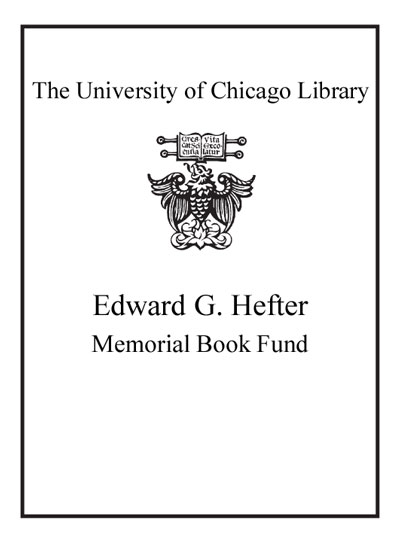Review by Choice Review
Using nation-building as his organizing rubric, Kolst/o (Russian and East European studies, Univ. of Oslo) focuses on the process of political and cultural integration in the post-Soviet states. He begins with an introduction to theories on the subject and ends with an overly general summary, given the diversity of the 15 countries involved. A chapter on the Orthodox Church and Islam is less well linked to issues of integration than a chapter on the Russian diaspora and those on Russia, Ukraine, Belarus, and Moldova. Although the large number of Russians living in the two countries is the only significant similarity between them, Latvia and Kazakhstan are the subject of the one explicit comparison of nation-building. Reflecting, no doubt, the fact that most of the material has been published in journals, the book is disjointed. It also suffers from some glaring inaccuracies--notably, the killing by Soviet forces of five unarmed men on a green in Riga is called a "skirmish." Although well documented, the bibliography is not as useful as it might be for the intended readers--undergraduates. Less easily accessible materials are included, while overlooked are readily available and important works, e.g., neither Juris Dreifelds's Latvia in Transition (CH, Dec'96) nor Anatol Lieven's The Baltic Revolution (CH, Feb'94) are included. R. P. Peters; University of Massachusetts at Boston
Copyright American Library Association, used with permission.
Review by Choice Review

